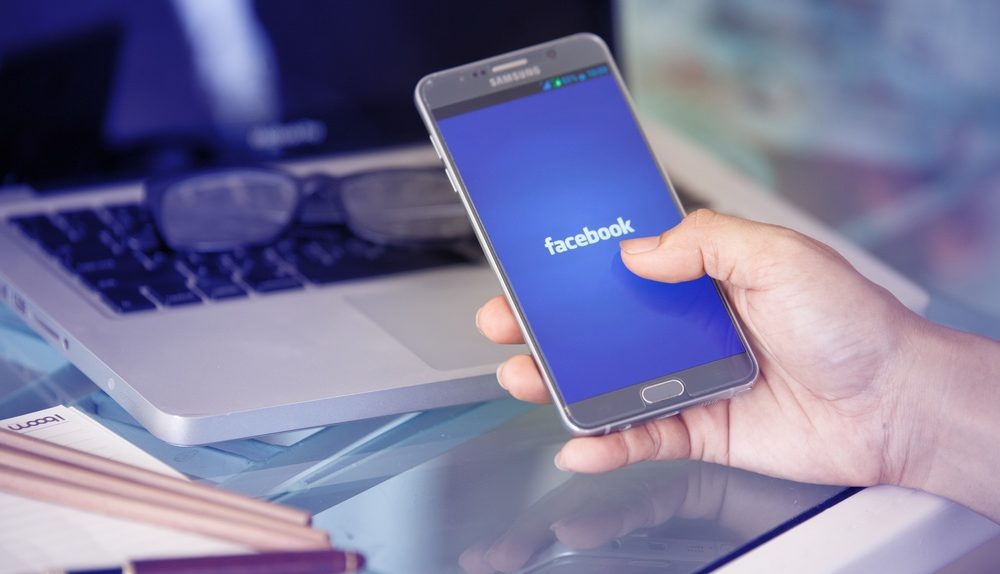Remember when Facebook was so quick to dismiss the reports saying fake news spreading on the social network may have played a crucial role in last year’s presidential election? Well, Facebook no longer thinks that, and the more details it reveals, the clearer it becomes Facebook was a major political tool during and after the election.
The latest news coming from Mark Zuckerberg’s giant social empire is that no less than 10 million people in the US saw political ads on Facebook paid for with Russian money.
The company explained in a blog post part of its Hard Questions series that the Russian ads were delivered to Congress.
Facebook also revealed the following facts about the ads:
- An estimated 10 million people in the US saw the ads. We were able to approximate the number of unique people (“reach”) who saw at least one of these ads, with our best modeling
- 44% of total ad impressions (number of times ads were displayed) were before the US election on November 8, 2016; 56% were after the election.
- Roughly 25% of the ads were never shown to anyone. That’s because advertising auctions are designed so that ads reach people based on relevance, and certain ads may not reach anyone as a result.
- For 50% of the ads, less than $3 was spent; for 99% of the ads, less than $1,000 was spent.
Facebook never shared such stats before, and the revelations are quite telling. It looks Russian individuals were able to “divisive social and political messages across the ideological spectrum, touching on topics from LGBT matters to race issues to immigration to gun rights,” on quite a budget. In total, some $100,000 was spent on these campaigns. Facebook explains in its blog post that why it failed to detect these ads in real time last year, and that it may discover even more similar Russia-linked ads as it continues to investigate the matter.
In the future, Facebook plans to make it harder for anyone to run ads related to US federal elections, and catch similar ads in real-time. “Our effort to require US election-related advertisers to authenticate their business will help catch suspicious behavior. The ad transparency tool we’re building will be accessible to anyone, including industry and political watchdog groups,” the company said.








